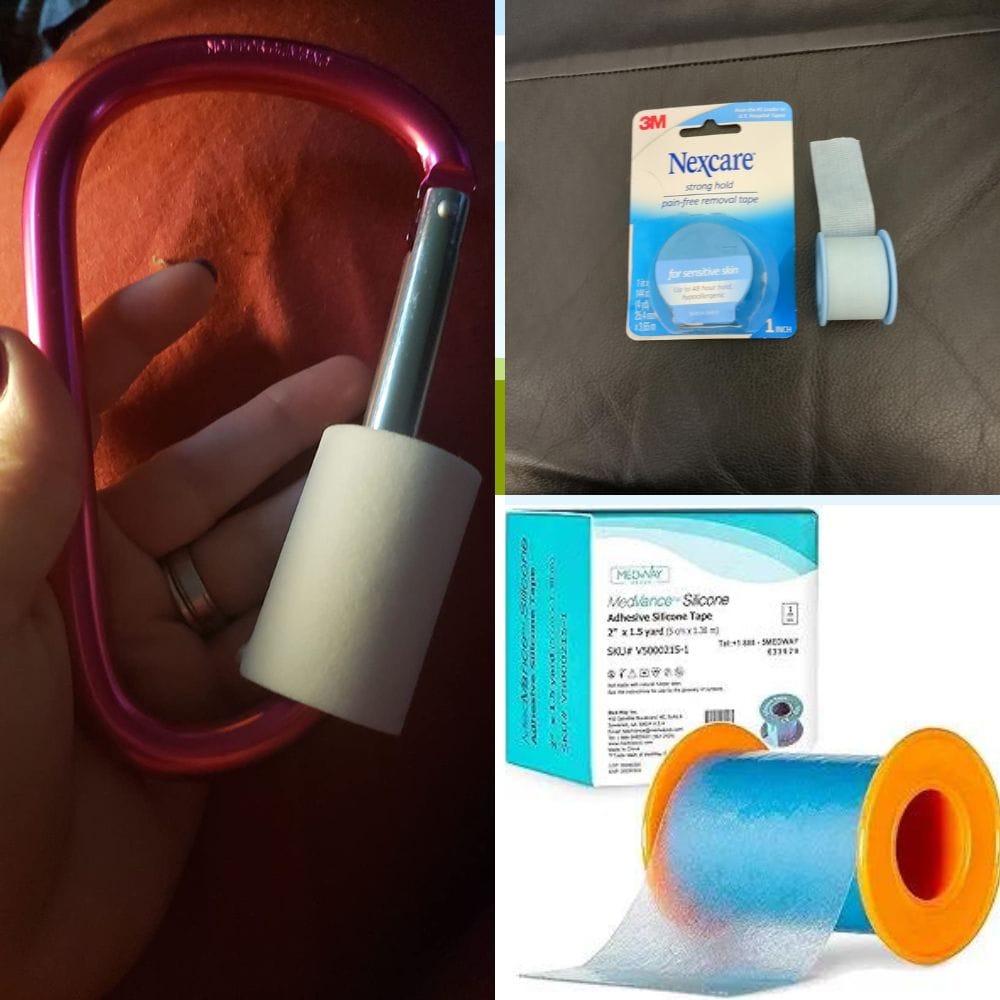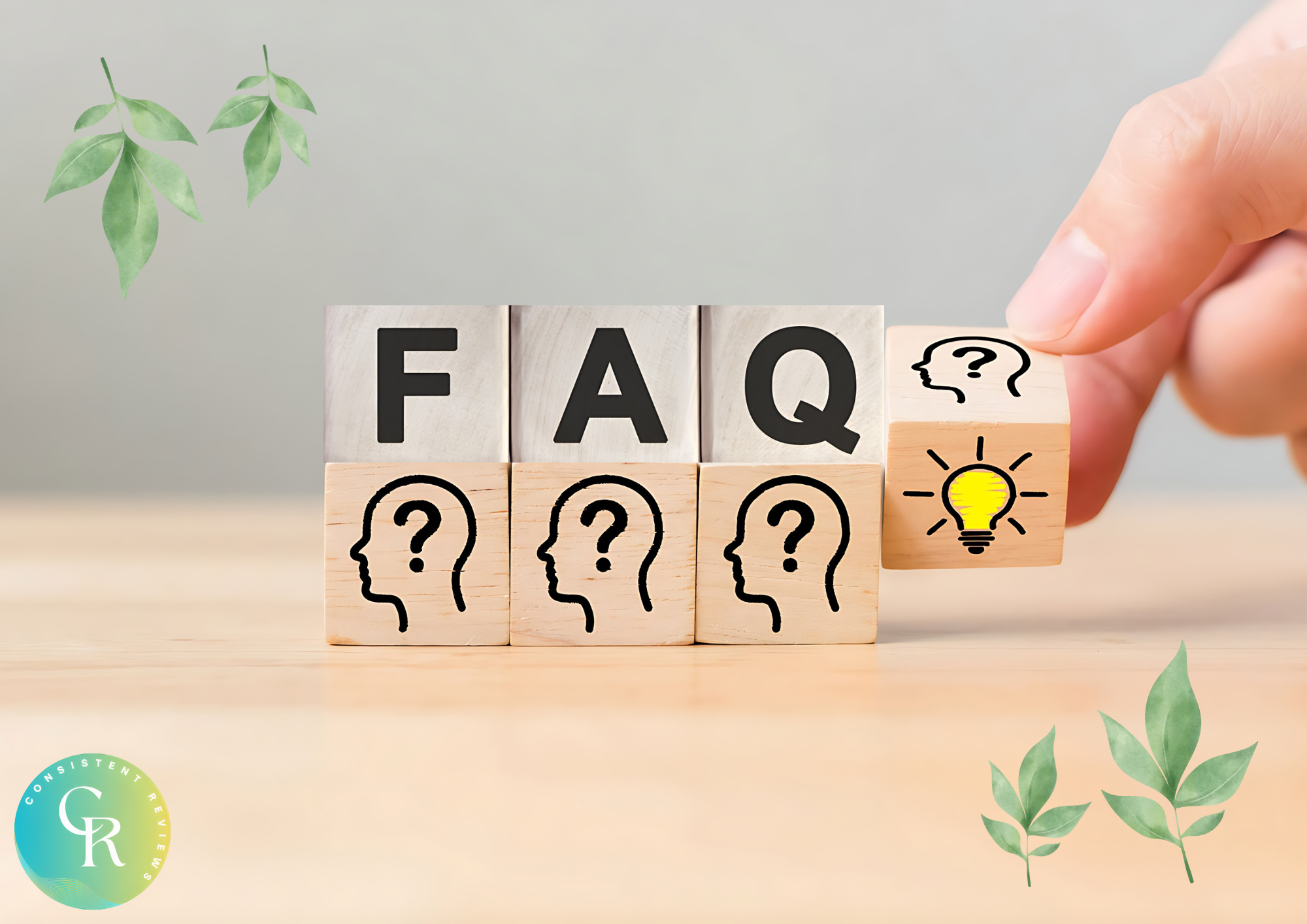Key Takeaways:
- Mouth taping can potentially improve sleep quality by encouraging nasal breathing.
- While some users report positive outcomes, scientific evidence remains limited.
- It's crucial to consult with a healthcare professional before trying mouth taping.
Introduction to Mouth Taping
Mouth taping has become a hot topic in sleep health discussions, akin to a new kid on the block stirring curiosity and skepticism alike. This practice involves placing a piece of tape over the lips to encourage nasal breathing during sleep. Proponents claim it can enhance sleep quality, reduce snoring, and even improve oral health. But does it really work, or is it just another fad?
The concept might sound strange at first, but it taps into the age-old wisdom of breathing through the nose. Our noses are designed to filter, warm, and humidify the air we breathe, making nasal breathing more beneficial than mouth breathing. However, the effectiveness of mouth taping is still under the microscope, with anecdotal evidence often outweighing scientific research.
The Science Behind Nasal Breathing

Nasal breathing is like nature's air conditioner, offering a host of benefits that mouth breathing simply can't match. When you breathe through your nose, you engage your diaphragm more effectively, which can lead to deeper, more restful sleep. This is because nasal breathing increases nitric oxide production, which helps improve blood circulation and oxygen delivery throughout the body.
Moreover, nasal breathing can help reduce the risk of sleep apnea, a condition where breathing repeatedly stops and starts during sleep. By keeping the mouth closed, mouth taping may help maintain an open airway, potentially reducing snoring and improving overall sleep quality. However, it's important to note that while the theory is sound, empirical evidence supporting these claims is still in its infancy.
Potential Benefits of Mouth Taping
For those who swear by it, mouth taping is like a magic bullet for a good night's sleep. Users often report waking up feeling more refreshed, with fewer instances of dry mouth or sore throat. This is because mouth taping encourages nasal breathing, which can help maintain optimal moisture levels in the mouth and throat.
Additionally, some people find that mouth taping helps reduce snoring. By keeping the mouth closed, it may prevent the tongue from falling back and obstructing the airway, a common cause of snoring. However, it's worth noting that mouth taping is not a one-size-fits-all solution, and its effectiveness can vary from person to person.
Risks and Considerations

While mouth taping might seem like a simple solution, it's not without its risks. For starters, it can be uncomfortable, especially for those who are not used to sleeping with their mouths closed. There's also the risk of skin irritation or allergic reactions to the adhesive used in the tape.
More importantly, mouth taping is not recommended for everyone. Individuals with certain medical conditions, such as sleep apnea or nasal congestion, should avoid this practice unless advised by a healthcare professional. It's crucial to approach mouth taping with caution and seek medical advice before giving it a try.
How to Safely Try Mouth Taping
If you're curious about mouth taping and want to give it a shot, it's essential to do so safely. Start by choosing a hypoallergenic tape designed for sensitive skin to minimize the risk of irritation. You can find specialized mouth tapes online or at your local pharmacy.
Before applying the tape, ensure your lips are clean and dry. Place a small piece of tape vertically over your lips, ensuring it's not too tight. This allows for easy removal and ensures you can still breathe through your mouth if necessary. Remember, the goal is to encourage nasal breathing, not to seal your mouth shut completely.
Real-Life Experiences: Case Studies

Many individuals have shared their experiences with mouth taping, offering a glimpse into its potential benefits and drawbacks. Take Sarah, for example, a 35-year-old mother of two who struggled with snoring and restless nights. After trying mouth taping, she reported a noticeable improvement in her sleep quality and a reduction in snoring.
On the flip side, there's John, a 40-year-old office worker who found mouth taping uncomfortable and ineffective. Despite following all the recommended guidelines, he experienced no significant changes in his sleep patterns. These contrasting experiences highlight the subjective nature of mouth taping and the importance of individual experimentation.
The Role of Mouth Taping in Sleep Hygiene
Mouth taping can be a valuable addition to your sleep hygiene routine, but it's not a silver bullet. Good sleep hygiene involves a combination of practices that promote consistent, uninterrupted sleep. This includes maintaining a regular sleep schedule, creating a comfortable sleep environment, and avoiding stimulants before bedtime.
Incorporating mouth taping into your routine can complement these practices by encouraging nasal breathing, which may enhance sleep quality. However, it's essential to remember that mouth taping is just one piece of the puzzle and should be used in conjunction with other sleep hygiene strategies.
Expert Opinions on Mouth Taping

Healthcare professionals have mixed opinions on mouth taping, with some endorsing its potential benefits and others urging caution. Dr. Emily Johnson, a sleep specialist, suggests that while mouth taping can be beneficial for some, it's not a substitute for medical treatment in cases of sleep disorders like sleep apnea.
Conversely, Dr. Mark Thompson, a respiratory therapist, emphasizes the importance of nasal breathing and believes mouth taping can be a useful tool for those struggling with mouth breathing at night. However, he stresses the need for proper guidance and monitoring to ensure safety and effectiveness.
Alternatives to Mouth Taping
If mouth taping doesn't appeal to you, there are alternative methods to encourage nasal breathing during sleep. Nasal strips, for instance, can help open up the nasal passages, making it easier to breathe through the nose. Similarly, saline nasal sprays can help alleviate congestion and promote nasal breathing.
Another option is to practice breathing exercises designed to strengthen the diaphragm and promote nasal breathing. Techniques such as Buteyko breathing or diaphragmatic breathing can be effective in training your body to breathe through the nose, potentially improving sleep quality without the need for mouth taping.


Is mouth taping safe for everyone?
Mouth taping is not recommended for individuals with certain medical conditions, such as sleep apnea or nasal congestion. It's important to consult with a healthcare professional before trying mouth taping to ensure it's safe for you.
Can mouth taping help with snoring?
Mouth taping may help reduce snoring by encouraging nasal breathing and preventing the tongue from obstructing the airway. However, its effectiveness can vary from person to person, and it's not a guaranteed solution for everyone.
What type of tape should I use for mouth taping?
It's best to use a hypoallergenic tape designed for sensitive skin to minimize the risk of irritation. Specialized mouth tapes are available online or at your local pharmacy, offering a safe and comfortable option for mouth taping.

Mouth taping is a fascinating practice that has garnered attention for its potential to improve sleep quality by promoting nasal breathing. While anecdotal evidence suggests it can be beneficial for some, scientific research is still catching up. It's crucial to approach mouth taping with an open mind and consult with a healthcare professional before trying it, especially if you have underlying health conditions.











